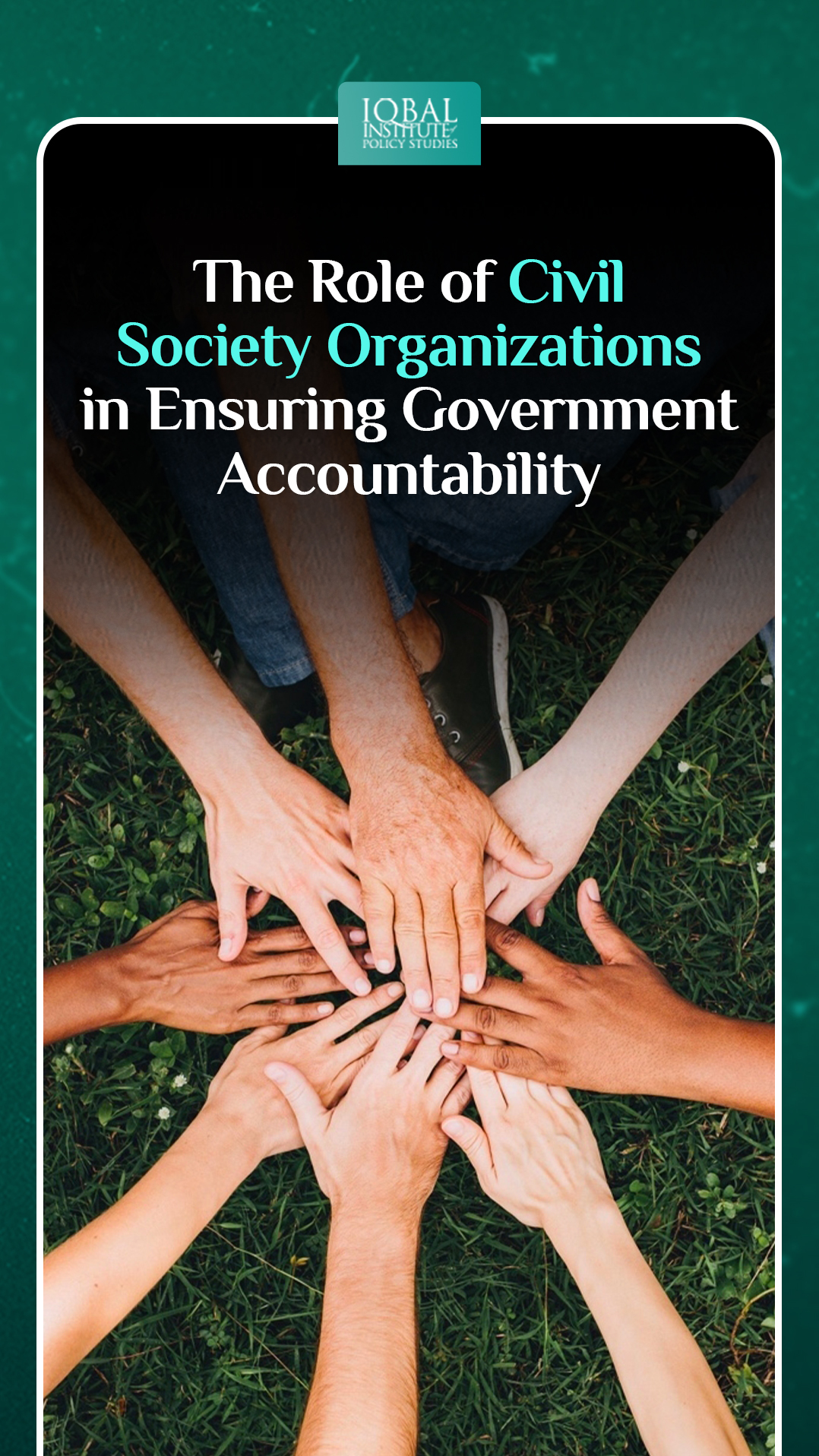In the complex web of democratic governance, the concept of government accountability stands as a bedrock principle. It dictates that those entrusted with public power—whether through election or appointment—should be answerable for their actions and decisions. The pursuit of government accountability is not solely the responsibility of governmental institutions; civil society organizations (CSOs) play a pivotal role in this endeavor. In this comprehensive exploration, we will delve into the multifaceted and nuanced role of CSOs in promoting transparency, safeguarding human rights, and strengthening the very fabric of democratic societies.
Unpacking Civil Society Organizations (CSOs)
Unpacking civil society organizations (CSOs) reveals a rich tapestry of diverse and dynamic entities that collectively form an essential part of the social fabric in democratic societies. CSOs encompass an extensive array of non-governmental organizations, ranging from grassroots community groups to global advocacy networks. These organizations operate independently of the government, allowing them to champion a broad spectrum of causes, from human rights and environmental conservation to healthcare access and social justice. CSOs serve as vital channels through which individuals and communities can collectively voice their concerns, advocate for change, and hold governments accountable for their actions. Their activities span from advocacy and awareness-raising to meticulous research, legal advocacy, and policy development, reflecting their multifaceted role in driving societal progress and ensuring a more accountable and equitable governance system.
The Essential Functions of CSOs in Ensuring Government Accountability
Advocacy and Awareness
CSOs often assume the role of societal watchdogs. They tirelessly advocate for the rights and interests of citizens, raising awareness about pressing issues, mobilizing public opinion, and pressuring the government to address these concerns. Whether advocating for environmental protection, healthcare reform, or social justice, CSOs function as a vocal and persistent voice for the marginalized and vulnerable.
Monitoring and Oversight
Perhaps one of the most critical roles of CSOs is to serve as vigilant monitors of government actions and policies. They scrutinize government activities, budgets, and programs to ensure they align with the best interests of the public. This proactive oversight acts as a check on corruption, mismanagement, and the abuse of power.
Research and Data Collection
CSOs engage in rigorous research and data collection to provide concrete evidence on various issues. This data becomes the bedrock for informed advocacy and policymaking. For instance, CSOs may gather data on poverty rates, educational outcomes, or human rights abuses, shedding light on areas where government intervention is urgently needed.
Legal Advocacy
CSOs wield the power of legal action when government actions transgress the law or infringe upon citizens’ rights. They may initiate lawsuits, serve as legal representatives for marginalized groups, or challenge unconstitutional legislation in court, holding governments accountable through the legal system.
Policy Development
CSOs actively contribute to the development of alternative policies and solutions. Their expertise and research-driven insights provide governments with valuable guidance, fostering collaboration on policy formulation to address complex challenges effectively. This collaborative approach often results in more informed and equitable policies.
Examining Success Stories of CSOs Worldwide
Transparency International
Transparency International, a global CSO, is dedicated to combatting corruption. Through its influential Corruption Perceptions Index and tireless advocacy efforts, it has pressured governments worldwide to enhance transparency, accountability, and anti-corruption measures. Their work serves as a powerful testament to the impact of CSOs on global governance.
Human Rights Watch
Human Rights Watch operates as a global watchdog, investigating and exposing human rights abuses across the world. Their meticulous reports and advocacy efforts have led to tangible changes in government policies and practices, significantly improving the protection of human rights in many countries.
Open Society Foundations
Founded by philanthropist George Soros, the Open Society Foundations provide extensive support to civil society initiatives worldwide. Their funding, coupled with strategic advocacy efforts, promotes government transparency, human rights, and social justice on a global scale.
Challenges Confronting CSOs
In the arduous path they tread towards government accountability, CSOs grapple with a host of daunting challenges:
Government Repression
In several countries, governments actively suppress CSOs through legal restrictions, harassment, or even violence. This not only impedes the ability of these organizations to operate effectively but also erodes the fundamental principles of democracy.
Funding Constraints
CSOs often rely on grants, donations, and external funding sources. These sources can be inconsistent and subject to shifting donor priorities, which may hinder the long-term planning and sustained presence required for meaningful change.
Political Polarization
Political polarization can undermine the credibility and effectiveness of CSOs, as they may be perceived as aligned with one side of the political spectrum. This can make it challenging to engage diverse segments of society and navigate the intricacies of politically charged issues.
Lack of Transparency Within CSOs
Ironically, CSOs themselves must maintain transparency to uphold their own credibility. The absence of transparency within some CSOs can undermine their legitimacy and effectiveness, potentially eroding public trust.
Conclusion
Civil society organizations serve as indispensable pillars of democracy, wielding their influence to ensure government accountability. They bridge the gap between citizens and their governments, acting as vigilant stewards of the rule of law, the protection of human rights, and the pursuit of the common good. However, for CSOs to be maximally effective, they require not only government cooperation but also the unwavering support of the public and sustained financial resources. In a world where government accountability is more critical than ever, the role of CSOs remains central to safeguarding the essential principles of democracy, justice, and equitable governance. They are the sentinels of a brighter, more accountable future for all.
This article is written by Radma Nouman. Radma is a research analyst at the Iqbal Institute of Policy Studies (IIPS).



Leave a Reply